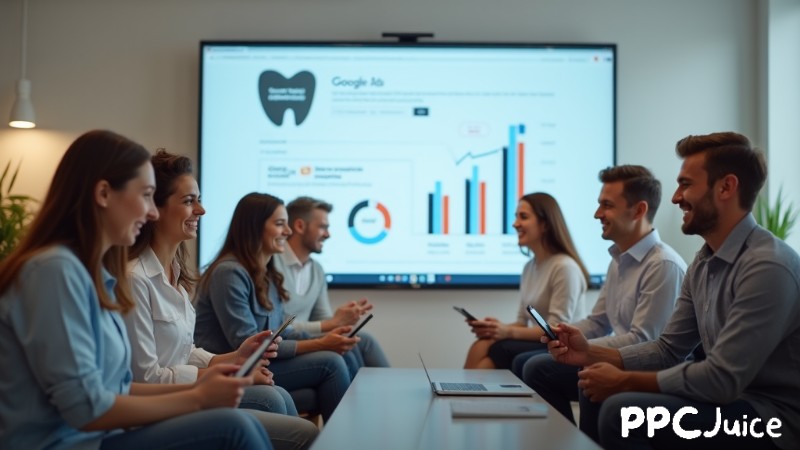
Pay-Per-Click (PPC) automation is evolving with advanced AI tools that offer adaptive, context-aware decision-making in real-time.
PPC, a digital marketing strategy where businesses pay a fee each time their ad is clicked, helps companies reach targeted audiences and drive traffic to their websites. It is widely used across search engines, social media platforms, and various digital channels to increase brand visibility and generate sales.
Traditional PPC automation tools rely on scripts, rule-based optimisations, and APIs to maintain consistency and efficiency in managing campaigns at scale. These tools perform repetitive tasks reliably but follow rigid logic, lacking the flexibility needed to interpret context or adapt to changing scenarios.
This rigidity creates challenges when dealing with unpredictable inputs, such as changes in webpage layouts or complex situations requiring human judgement. As a result, marketers often have to step in to handle tasks that demand nuanced decision-making.
How AI impacts Google ads
New AI advancements, however, are transforming PPC automation by introducing flexible solutions capable of interpreting context and adapting to complex tasks.
Unlike conventional tools, these advanced systems make dynamic decisions in real-time, offering a more responsive and adaptive approach.
One such tool is GPT Operator from OpenAI, a Computer Using Agent (CUA) that browses the web and executes tasks without relying on fixed APIs. It dynamically interprets content and adjusts to changes, maintaining functionality even when website layouts shift.
This adaptive capability reduces the chances of automation failures caused by minor changes in webpage structures, making GPT Operator more reliable in real-world applications. It also allows for a more nuanced approach to managing PPC tasks, enhancing overall campaign performance.
One of the key benefits of adaptive automation lies in search term management. Traditional rule-based systems struggle to analyse search term relevance due to their rigid, black-and-white logic. They often misclassify nuanced phrases, leading to inaccurate keyword targeting and wasted ad spend.
GPT Operator solves this problem by analysing context and identifying variations or misspellings of brand names. It understands sentiment and intent, enabling more sophisticated strategies than traditional systems can achieve.
For example, it can exclude negative sentiment queries while retaining positive mentions, protecting brand reputation and maintaining campaign relevance. This level of contextual understanding significantly improves search term management accuracy.
Dynamic approach to PPC
Adaptive automation enhances advert creation and A/B testing by enabling dynamic decision-making and real-time adjustments. Traditional methods depend on static rules and predefined scripts, limiting creativity and responsiveness to evolving data trends.
In contrast, flexible automation can generate ad ideas, understand character limits, and even browse the web for creative inspiration. It learns from real-time data and refines its outputs, continuously improving ad performance based on user engagement and feedback.
This dynamic approach introduces a new dimension to PPC management, where automation not only executes commands but also makes strategic decisions. By handling repetitive tasks and data-driven adjustments, it frees marketers to focus on high-level strategy and creative work.
Google ads AI strategies
GPT Operator also simplifies technical tasks such as writing, testing, and scheduling Google Ads scripts. It guides users step by step, making it easier for beginners to learn and implement complex scripts without requiring advanced coding skills.
While GPT Operator excels in setup and execution, debugging and scheduling tasks still require human oversight. This highlights the need for a blended approach, combining deterministic automation for consistency with flexible AI for complex decision-making.
Additionally, adaptive automation shows promise in managing multi-step workflows. It can sequence interactions between different AI models, automating complex processes that traditionally required human coordination. This capability is particularly useful in content creation, where multiple personas and feedback loops are involved.
The future of PPC automation
As AI technology continues to evolve, adaptive automation tools are expected to become more powerful and accessible. This shift will allow marketers to move away from repetitive tasks and focus on strategic and creative work. Adaptive automation’s dynamic decision-making and contextual understanding will enhance campaign effectiveness and drive better ROI.

